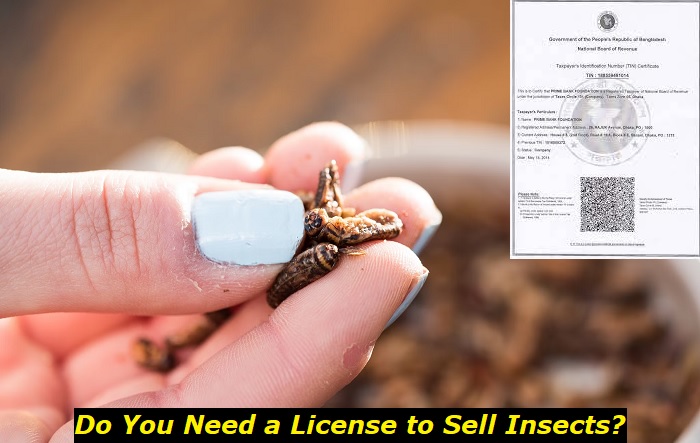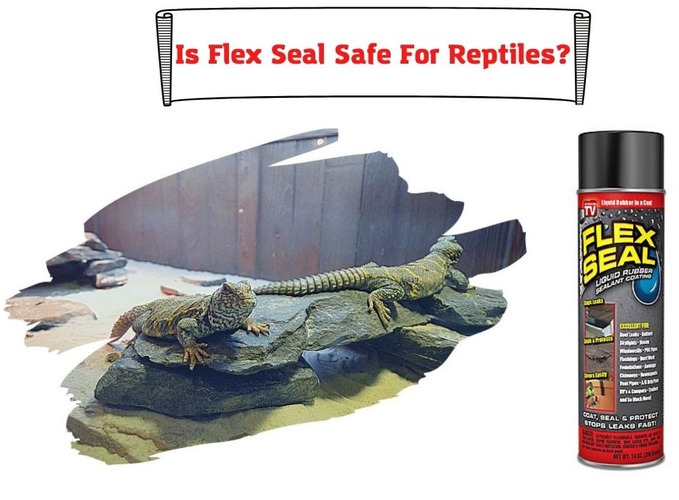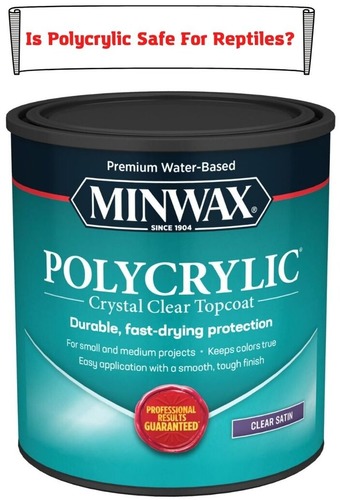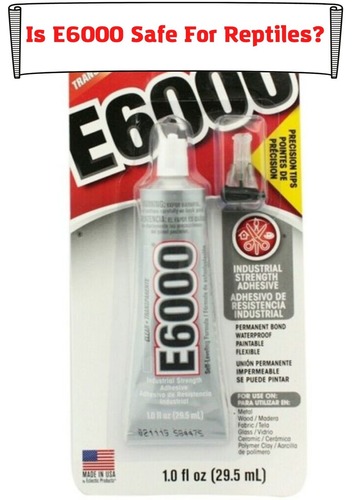In most instances, you do require a license to sell insects. Most businesses worth their salt are regulated by the government to ensure they do not threaten public well-being and that consumers get their money’s worth. There are several other reasons for licensing the sale of insects. We shall discuss them all very soon.
A license is mandatory whether you intend to sell insects as exotic pets, as a food source, or for ceremonial release. There are very few instances where selling insects without a license is legal. Such risks should be left to hobbyists not interested in making money from their fascination with insects.
There is money to be made in selling insects. Please do not leave it on the table. All you need to do is dot your i’s and cross your t’s, and you will be minting money faster than a white-collar criminal.

This article will help you explore everything you need about the insect business, including:
- Why do you need a license to sell insects?
- What to consider when applying for a license to sell insects?
- How to apply for a license to sell insects
Which Insects Can You Sell Without a Permit?
Every state has a long list of insects that can be sold without a permit within its borders. If you do business within your state, you can confine yourself to such lists and operate permit free.
The USDA and FWS only come into play when selling across state lines. You require a PPQ 526 permit to import or transport interstate insects or mites that feed on or infest plants and plant products. The federal agencies, however, permit the shipping of most dead insects and mites without a permit. The only exception to this rule is the dead bees of the superfamily Apoidea. Please note that the dead insects will have to be inspected by FWS on their arrival in the country to ensure there isn’t any risk posed to the environment or public safety.
Which Insects Cannot be Sold Even With a Permit?
The USA does not allow the importation of insect species not native to its boundaries. You should not bother applying for such a license because it does not exist. Anyone caught violating this strict law is subjected to criminal sanction or steep fines.
What to Consider When Applying for a License to Sell Insects
The insect business is much more complicated than ambitious novices would like to imagine. The types and number of licenses you need to apply for vary depending on your state and the intended use of the insects. When applying for a permit to engage in this business, you should consider the following:
- What are the parameters of your insect-selling business? Are you seeking to sell live or dead insects? Will you sell them for food, as pets, or for ceremonial release, e.g., at weddings?
- What are the regulations for the type of insect-selling business you want to undertake? Exotic insects for sale as pets or for educational purposes are under USDA and FWS regulations. The FDA gives a license to sell insects as food.
- What are the qualifications or requirements necessary for obtaining the permits you require? You must fill out the application, pay any required fees and jump through any other hoops indicated. This could involve meeting zoning requirements to securely handle, store, and transport the insects or passing a health inspection. You may also be required to complete certain training or certification programs, e.g., food safety training.
- How will you maintain compliance? Any license you get will expire after a specified time (usually between one to five years). You must ensure compliance with the original and any additional requirements. By keeping your insects secure and maintaining tidy records, renewing your license will be a formality instead of a grueling challenge.
Before submitting your application, contacting your local authority and the federal agencies concerned for information unique to your circumstances is a good idea.
Why You Need a License to Sell Insects
Most reasons for mandating licensing for the sale of insects are concerned with public safety concerns and regulatory requirements. A single species can cause untold harm when introduced to a non-native ecosystem; take the example of the now-infamous African killer bee.
When a scientist introduced the African Honeybee in Brazil to increase honey production in 1952, he had no idea it would result in over a thousand deaths. The interbreeding of the European Honey Bee and the African Honey Bee created what came to be popularly known as the African Killer Bee.
The hybrid killer bees were way more aggressive than their African and European parents. When threatened, killer bees empty their hives and attack in swarms larger than ever seen before. These bees not only travel in large swarms, but they also sting ten times more than their parents. While their venom is not more deadly, the increased number of stings increases the odds of victims passing away after an attack.
The Africanized Honey Bees (scientists do not call them killer bees) have spread at about 200 miles yearly since then. These deadly bees now inhabit Eastern Mexico, Central America, and South America. Though some beekeepers swear that the Africanized honey bees produce a larger amount and higher quality honey, it is certainly not worth at least a thousand lives.
Here are the top reasons why you need a license to sell insects.
1. Regulating Exotic Species
Any insects non-native to the USA or your specific state are considered exotic. Such insects cannot be released into the native ecosystem because of the unknown threat they pose. Once an invasive species begins its conquest, the clock cannot be turned back. Farmers and officials are often left scrambling to save the crops from the devastating effects of an invading insect army.
The USDA (United States Department of Agriculture) and FWS (Fish and Wildlife Service) ensure reliable documentation of people allowed to import exotic insects into the state. This ensures accidental or intentional releases of controlled species into the ecosystem cannot go undetected.
2. Regulating Food Safety Concerns
The FDA (Food and Drug Administration) and your local health department are responsible for ensuring all insects sold as food are safe for human consumption. The dozens of social media influencers convincing people to incorporate insects into their diet have made this duty more important than ever.
If you want to supply insects as a food source, your licensing requirements will differ significantly from someone selling exotic pets. You must submit to regular inspections to confirm your operation meets all food safety standards.
3. Public Health Safety
People tend to have increased immunity to insects native to their region compared to those that hail elsewhere. Introducing a non-native species could also create a dangerous hybrid like the Africanized Honey Bee. The USDA and FWS want to guarantee that all non-native insects are handled securely, protecting the public interest.
4. Zoning Regulations
Local authorities are crucial in ensuring that any item for sale in their jurisdiction is properly licensed. In most cases, you may need to obtain a permit from the federal body, e.g., USDA, FDA, or FWS, and get an additional one from your local authority. While the bureaucracy can get tiring, it is a small price to pay, considering the risks involved. Once you obtain a federal permit, the local one should be a walk in the park.
5. Taxation and Consumer Awareness
Where there is money to be made, the federal and local authorities have to get their share of the pie. Licensing is important to ensure all income earned cannot be hidden from the Internal Revenue Authority. Similarly, licensing helps separate genuine business people from con artists looking to make a quick buck. It protects consumers from being swindled by unscrupulous traders, as is often seen in niche businesses like selling insects.
How to Apply for a License to Sell Insects
The USDA’s APHIS (Animal and Plant Health Inspection Service) website has an application form you can fill out. The agency is also quite aware that insect-selling laws are almost as complex as tax laws. Their staff is happy to help you determine the licenses you need for your insect-selling business. Here is an outline of the process.
- Submit your application online or download a form from the website and mail it in. It should include information on whether the species is indigenous to the US and the region you plan to send it to, its size and mobility, its life stage during transportation, host plant availability, the number of insects to be transported, and whether you intend to destroy them or maintain a colony.
- Pay any applicable fees, which will vary depending on the type of permit and the number of insects to be transported.
- Wait for a couple of weeks for a response to your application. The amount of time taken to respond depends on the volume of applications and the complexity of your request. If APHIS declines your application, you can apply again after complying with all the requirements.
- If your license is approved, you must ensure you comply with all the requirements in the permit to avoid revocation.
Conclusion
Insect selling is a profitable business that is as competitive as most alternatives. If you plan on setting up an insect-selling business, consult local and federal authorities to avoid breaking the law.
- Pacman Frog Looks Deflated – What’s Wrong and What to Do? - August 7, 2023
- How to Put Snake Back in Cage after Feeding? Important Concerns - July 31, 2023
- Repta Boost: Instruction, Considerations, Ways to Use - July 24, 2023



